#electrification
Honda Speaks About Near Future, EV Plans
Honda has sent us a brief on its hopes and plans for the near future.
Not surprisingly, there's a fair amount of optimism and some gestures toward EV plans.
Suzuki Jimny May Soon Become Electrified
If you’re into tackling off-road challenges on a budget or have an unhealthy amount of nostalgia for the Suzuki Samurai that was taken from us in the 1990s, you were probably disheartened to learn that the Jimny (which is what the Samurai is called globally) wouldn’t be coming to North America. Suzuki had already exited our market and the logic at the time was that a super-small ORV probably wouldn’t see a lot of takers in the land where full-sized pickups reign supreme. While Europe was given access to the Jimny, sweeping emission laws have spelled trouble for the K15B engine it uses there. However, Suzuki now seems to have figured out how to get around that problem and indirectly announced on Thursday that the model would eventually become an EV.
Report: Some at Nissan Call for Electrification of Pickups
Nissan has been trying to gain traction in the truck market around here for a few years, with varying degrees of success. Now, a new report from Automotive News suggests some folks at the brand would like an increased focus on a lightweight electric pickup.
BMW Boss Claims American Politics Won’t Change EV Strategy
Last week, BMW Group CEO Oliver Zipse reportedly claimed that political agendas would not influence its electrification plans. Though the entire discussion was prompted by exactly that, forcing the automaker to address supply chain logistics that likely prohibited it from qualifying for the United States' rejiggered EV subsidy scheme.
Toyota Still Isn't Sold On An All-Electric Future
Despite helping mainstream electrification with the hybridized Prius, Toyota still isn’t “all-in” on EVs. This is counter to the corporate rhetoric shared by many automakers and governments around the world. But CEO Akio Toyoda doesn’t see customers jumping onto the bandwagon as quickly as Toyota’s industrial rivals originally assumed.
That’s not to suggest the Japanese company is completely snubbing EVs, however. Toyota plans on offering a mix of all-electric, hybrid, and traditional gasoline vehicles for the foreseeable future. It’s even throwing some hydrogen-powered cars into the mix for good measure. But an all-electric lineup seems to have been taken off the table of possibilities.
Buick Going EV Only After 2030, Gets New Logo
On Wednesday, Buick formally committed itself toward an “all-electric portfolio” by 2030 — saying that it would be embarking on a brand transformation that would fundamentally change the company forever. This includes an entirely new horizontally oriented badge that doesn’t stray too far from Buick’s traditional tri-shield design.
“The Buick brand is committed to an all-electric future by the end of this decade,” stated Duncan Aldred, global vice president, Buick and GMC. “Buick’s new logo, use of the Electra naming series and a new design look for our future products will transform the brand.”
Stellantis CEO Says EV Transition Poses Serious Problems
The automotive sector is currently suffering from ongoing component shortages and supply chain bottlenecks stemming from regional restrictions relating to the pandemic. However, it’s assumed that those problems will gradually abate, only to be supplanted by a global deficit of the raw materials necessary for battery production. Analysts have been warning about the shift toward electric vehicles, spurred on by government regulations, for years. But they’re starting to get some company from within the auto industry.
On Tuesday, Stellantis CEO Carlos Tavares suggested that there was a very real possibility that manufacturers could begin confronting serious issues in terms of battery production by 2025 if the shift toward EVs continues at pace. Though his concerns aren’t limited to there being a new chapter in the already too long saga about parts shortages. Tavares is also worried that Western automakers will become overwhelmingly dependent upon Asian battery suppliers which already dominate the global market.
Report: Jeep to Drop V8 For Electrification in the Grand Cherokee
It looks like the time of V8 Jeep Grand Cherokees will soon be over. This may be because the 4xe plug-in hybrid is 0.9 seconds quicker to 60 mph than the 5.7-liter Hemi V8.
VW CEO: 'We Have to Become Relevant in the U.S'
Volkswagen CEO Herbert Diess has explained that the automaker would very much like to get back in to the United States’ good graces now that it has cut ties with Russia. With the future of Europe looking shaky, VW is hoping to maintain its position as the best-selling brand in China and start making inroads in America after burning a few bridges there.
Despite the Dieselgate scandal being seven years in the rearview mirror, the automaker is still coping with the resulting financial penalties and the resulting decision to scale back its U.S. aspirations a tad until its electric models hit the road. But the company has always had an issue understanding what American drivers wanted, resulting in boom and bust phases for the company until it manages to solve the puzzle. The most common issue was an inability to adhere to ever-changing emissions standards. But there are also periods where the manufacturer was snubbed for offering subpar electrical equipment or simply having a lineup that was out of sync with American tastes. But Volkswagen has historically enjoyed a resurgence after making the necessary changes and Diess is hoping for another comeback.
Subaru Says No WRX STI, Suggests Electric Model
When Subaru announced the latest WRX sedan, it was made perfectly clear that it would arrive without the high-performance STI variant metaphorically in tow. After attempting to push performance versions of the Impreza sedan into becoming their own thing for years, the 2022 model year saw the WRX jumping onto the Subaru Global Platform. This resulted in a more mainstream vehicle we assumed would need additional time in the relevant skunkworks garage before it could reemerge as the aggressive, rally-inspired, no-nonsense WRX STI.
But Subaru is now saying that there won’t be an STI for this generation. According to the manufacturer, “future sports and performance cars should evolve to meet the needs of the changing marketplace and the regulations and requirements for greenhouse gasses (GHG), zero emissions vehicles (ZEV), and Corporate Average Fuel Economy (CAFE).”
Stellantis CEO Says Electrification Advanced by Politicians, Not the Industry
Despite Stellantis making formal announcements that it will be investing 30 billion euros ($34 billion USD) into its novel electrification strategy, CEO Carlos Tavares has been making it sound as if the automaker’s plan was crafted under duress. He’s been telling European media that the widespread adoption of EVs is primarily being pushed by politicians who are ignoring the environmental risks and logistical shortcomings.
“What is clear is that electrification is a technology chosen by politicians, not the industry,” he said told the press this week.
Chrysler Going Electric By 2028, Airflow EV Introduced
Stellantis has announced plans to shift the Chrysler brand to an all-electric lineup by 2028, presumably because it doesn’t know what else to do with it anymore. Though, considering the make’s long and storied history, the change almost seems fitting.
When the French bought up Fiat Chrysler Automobiles from the Italians in 2021, the namesake brand had already been losing steam under the Germans. But they were adopting the company after years of mismanagement from Americans, who had taken the marque from being arguably the most luxurious and technologically advanced the United States had to one that had to be saved from bankruptcy by government intervention on more than one occasion. Suffice it to say, Chrysler has enjoyed some of the sweetest highs and pathetic lows imaginable. But it always seems to rise from the ashes thanks to some innovative decision that ultimately helps redefine the industry — which is why Stellantis is leading its own EV offensive by reviving the Airflow name.
Toyota Announces EV Strategy, Readies $70 Billion for the Cause
On Tuesday, Toyota Motor Corp. announced a commitment of 8 trillion yen ($70 billion USD) toward the goal of achieving carbon neutrality someday. Though the concept of any multinational manufacturing entity totally nullifying their carbon footprint seems kind of laughable, so we’ll be referencing this as another electrification strategy — which is still a big deal considering how EV averse Toyota has been thus far.
Despite being an environmental trendsetter with the Prius Hybrid, Toyota has been hesitant to formally commit itself to transition its lineup toward being reliant on battery power. However, President Akio Toyoda has just proudly confirmed that the Japanese automaker would be earmarking the funds for exactly that purpose, noting that the brand (along with Lexus) would be spending the money through 2030 to make sure its global sales of battery electric vehicles (BEVs) reach 3.5 million vehicles annually. Though the most enjoyable aspect of the release was the direct manner it was presented, with Toyoda-san being impressively honest about modern automotive trends.
Stellantis CEO Thinks EVs Are Too Troublesome
Stellantis CEO Carlos Tavares has said that the growing pressures being placed on automakers to shift toward electric-vehicle production are unsustainable and run the risk of the public getting subpar products at decidedly higher price tags. While we’ve seen automotive executives lambast new energy vehicles before, it’s grown rarer as governments around the world have continued incentivizing their existence and investors have been pouring money on startups delivering literally nothing more than the mere suggestion of more electrification.
Tavares’s words come from the Reuters Next conference, running counter to the event’s prevailing narrative of encouraging technological progress and social change. Attendees tend to be political officials, heads of finance, NGO leaders, and business executives sympathetic to the cause. But the Stellantis CEO definitely went off-script when he listed some of the shortcomings of electrification, adding that he felt the costs were “beyond the limits” of what was realistically feasible. It’s his belief that pursuing electrification at the current pace doesn’t take into account the larger financial picture.
Opinion: 'Nissan Ambition 2030' Was an Hour of Wishful Thinking
Nissan Motor Co. has confirmed plans to invest 2 trillion yen ($17.65 billion USD) over the next five years to accelerate its electric vehicle development program. Like most major manufacturers, the automaker wants to launch a bevy of electrified products over the next decade and derive a relevant portion of its income from EVs.
As explained by CEO Makoto Uchida on Monday as part of the “Nissan Ambition 2030,” the plan is to launch 23 new vehicles with some amount of electrification while it attempts to implement solid-state batteries into three concept vehicles that supposedly foreshadow future lineups. These include the battery-electric “Surf-Out” lifestyle pickup, “Max-Out” sports convertible, “Chill-Out” regular car, and “Hang-Out” adventure crossover. Though all three appear to be little more than drafts of vehicles Nissan would eventually like to build, boasting technologies that we’re not sure are feasible. For example, the Hang-Out is featured with a polygonal purple awning that oozes impossibly out of the vehicle’s roof. It lacks realism, which ended up being a central theme of the Nissan Ambition 2030 presentation that was broadcast on Monday.



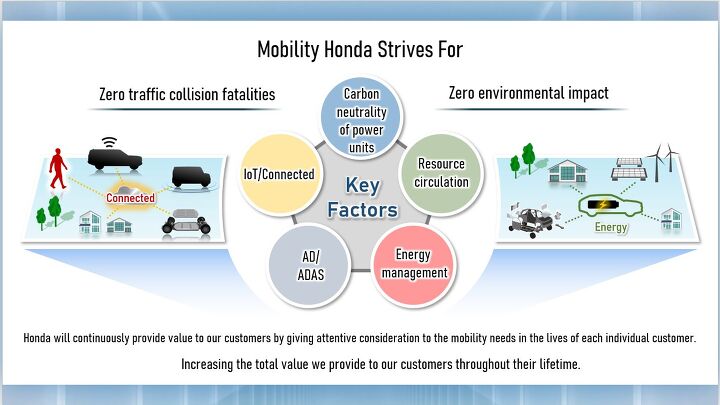


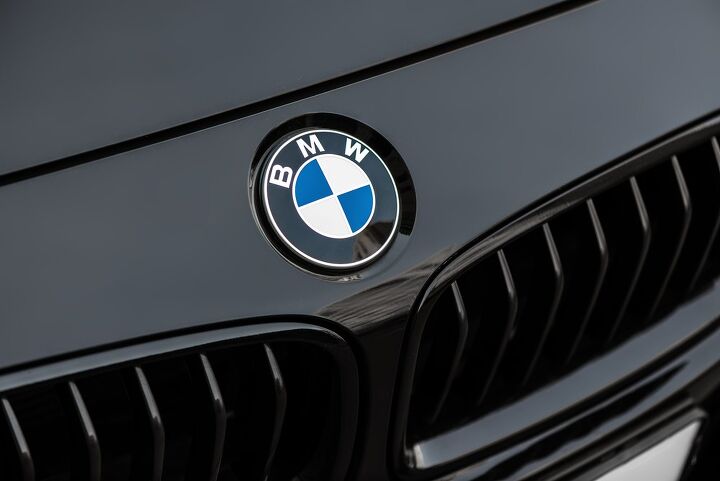
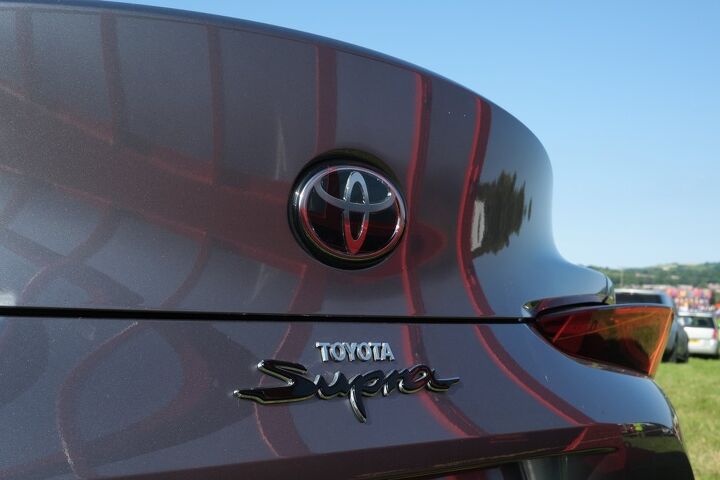
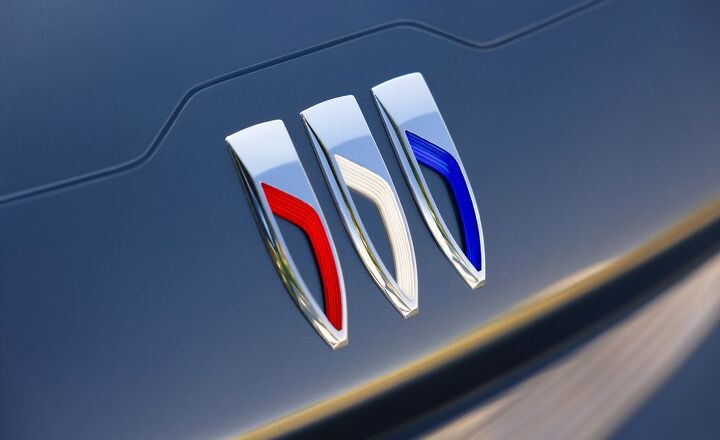



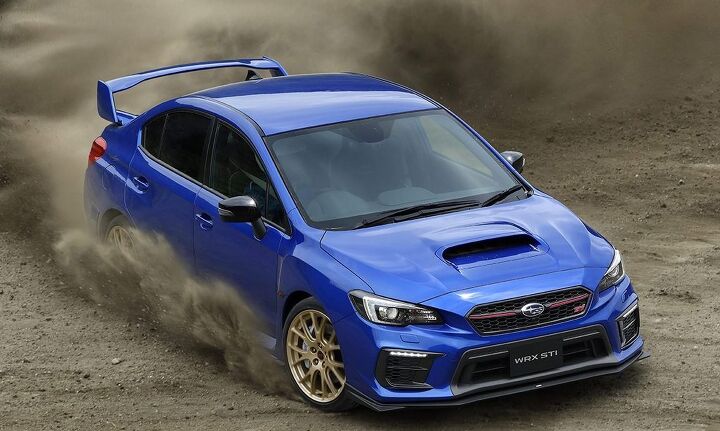
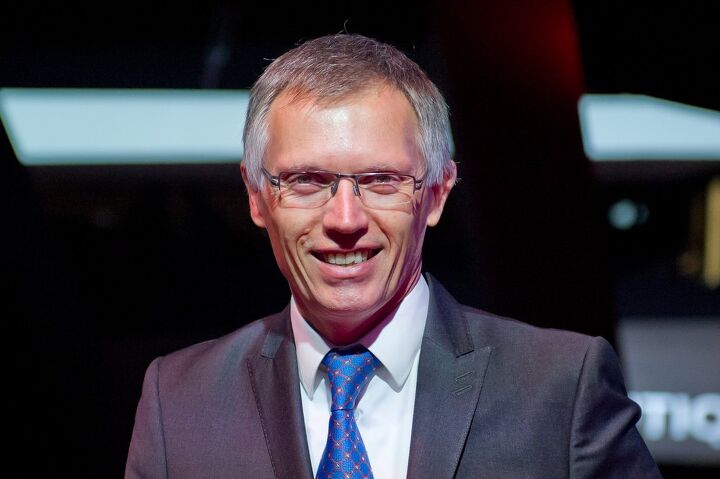

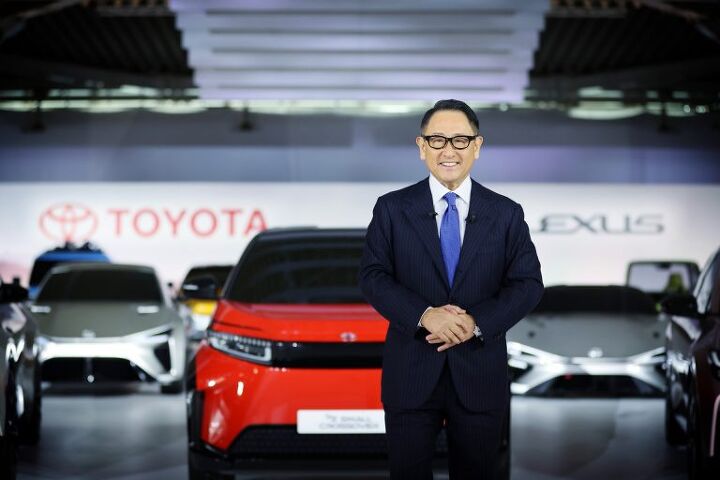

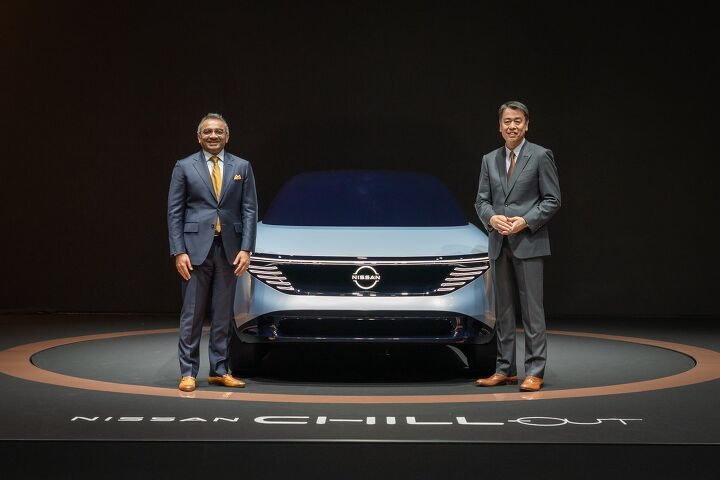












Recent Comments